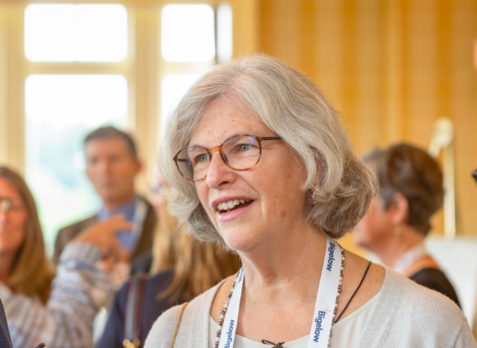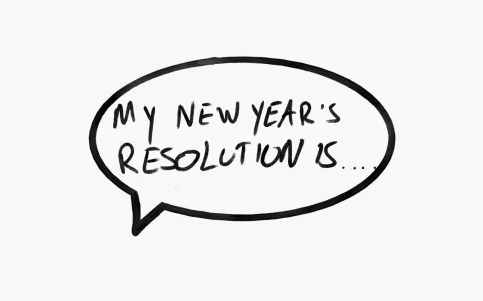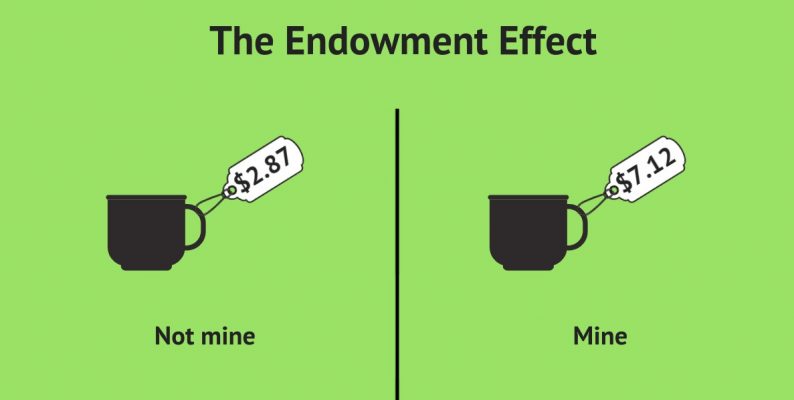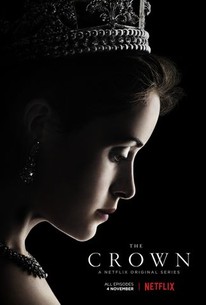4 minute read
Harpswell, ME
As an Entrepreneur Owner-Manager (EOM), are you willing to buy your business today at the same value that you would agree to sell it for today?
We exhibit endowment bias when we value an asset more when we own it than when we don’t. Traditional economic theory holds that a rational person’s (“homo economicus”) willingness to pay for an asset should always equal that person’s willingness to sell it for the same price. But behavioral economics studies (and our own scar tissue!) consistently show that the minimum selling price that owners state for an asset almost always exceeds the maximum purchase price that they are willing to pay for the same asset. Effectively then, (scratching our heads) ownership of an asset in and of itself “endows” the asset with some ethereal added value from the owner’s point of view.
An interesting case of endowment bias might be when a business is “inherited.” Often in these situations, EOMs say that they have feelings of distress or disloyalty associated with considering new ownership alternatives for a business bequeathed from a previous generation. They are confused by what is “the right thing to do,” and at what value. Endowment bias influences Owner-Managers to hold onto businesses that they have inherited, often regardless of whether it is in the best interest of the Owner-Manager, or of the business itself! Frequently, endowment bias results in decision paralysis where an Owner-Manager, having placed an irrational premium on a business that he owns, slowly liquidates the business, year by year, through his inaction.
Are you the victim of endowment bias? Ask yourself this: “If I had the value of my business in risk-free cash securities today, what proportion of my cash would I invest in this business today? At what price?” Or, (in the case of an inherited business) you might ask yourself, “Do I think that when my family left me this business that they thought that I would automatically accept the responsibility of keeping ownership of it forever, whether or not it is in the long-term best interest of the business or my family?” Familiarity with an asset you own is like comfort food. It feels good; it’s comfortable. But if you wouldn’t buy the business you own now for its fair market value for cash, then why do you own it?
Empirical evidence proves that trading experience in markets matters greatly when trying to solve for this bias. Across all asset types, market-specific experience and the magnitude of the endowment effect are inversely correlated. In other words, when an Owner-Manager has significant accumulated M&A experience the endowment effect decreases and at some point becomes negligible. But most Owner-Managers do not have this experience. And this has major implications for business owners for whom a recapitalization or sale transaction is their “only once-in-a-lifetime transaction.” They have no deep trading experience and thus can become unwitting victims of endowment bias.
There are massive numbers of meaningful qualitative reasons to own a business independent of its value. If you recognize the danger inherent in endowment bias (that almost all of us has) then you can better choose how to act to assure the longevity of the business beyond yourself as the current Owner-Manager of it.
What I am Reading / Listening to
The Crown
Written by Peter Morgan
Contributed by Kimberly A. Errico
The Crown is a Netflix- original historical drama chronicling the life of Queen Elizabeth II (Claire Foy) from the 1940s into modern times and is based off an award-winning play “The Audience” by Peter Morgan.
One of the reasons this series peaked my interest was because I didn’t realize that the Queen was only 25 years old when she took the throne after the death of her father, King George VI. As a young woman, I couldn’t imagine having to take on that level of responsibility at such a young age. Mind you, the viewer quickly learns that the royal children didn’t receive the same type of education as the general public, so she immediately realizes a disconnect to majority of topics the Prime Minister is bringing to her attention.
The Crown covers a different historical moment in each episode while also giving deep insight into the Queen’s relationships as well as the lives of other main characters. The narrative is artistic in such a way that you can feel the emotion and it’s authentically written to the timeframe, balancing drama and humor. You feel the pressure she’s under and at times, aren’t sure if you’d ever want to be in the shoes of a royal highness. I read that it was one of the most expensive shows made and I don’t find that hard to believe because the costumes & settings are perfect down to every detail and show the most beautiful parts of the United Kingdom. Each shot is well thought out and the acting is incredible.
This series had me genuinely invested because I was learning so much about a dynasty that’s still around today. And more importantly, how it’s relationship with America has evolved over time. At the end of each episode there’s usually a few facts on how the historical event actually played out over the next few years. Some of these being direct results of a decision the Queen made. After watching, I find myself searching the web to read more about these real-life stories. Super interesting!
I just started the third season and I wasn’t sure how I would feel about the actors being replaced to reflect being middle-aged during the 60s & 70s. However, I’ve been pleasantly surprised by how well the characteristics have been consistently captured, each one delivering killer performances. The show continues to show the struggles of maintaining a legacy that’s always under judgements of the modern free world. It existed then and I’m sure monarchies today experience similar personal and professional challenges.
Entrepreneur Owner-Manager Quote
“ The day of the transaction was anything but a bummer. It was a sense of liberation, satisfaction, and a job well done."
- Jan Blomstrann, Former Owner, NRG Systems, Inc.

Energy Creation
Contributed by Sophie A. Southworth
It’s a New Year, with a new month, new hopes, new resolutions, and all combined with the New England winter doldrums, seem to initiate an annual inventory check for me of my regular activities.
My productivity, wellness, and emotional fortitude I work diligently to weave into my day are under the microscope on January 1 and my self-interrogation commences. How do I make this the best year yet? What new goals do I set for myself? What am I doing wrong? What am I doing right? Is there something, some habit or mindset, that is layered into my routine that serves as my sparkplug? If so, how can I feed that energy source?
Basic instinct and informed learning teach me that to answer these questions and be successful, I could be/should be doing more. For example, a superficial “more” that is heavily advertised would be to increase my attendance at the gym, pick up a new hobby, speed read more books, maybe a juice cleanse. This is the infinite “more” that overwhelms, restricts, and confuses me. If I do all these things, I am left with no room to breathe. I need to catch my breath and in order to do so I must focus on “less” not “more”! While I recognize that this is not a groundbreaking concept, this is where I find energy and inspiration. If I add the messy “more,” then the “less” that I am trying to covet will diminish. I need to deliberately create empty space for creativity, and just…to breathe.
I am working diligently to reflect on the habits that I have worked hard to cultivate and layer into my days. I often forget to applaud myself for progress that I make and stop mourning the not so easy sacrifices. I am using this time to take stock of what I am doing right-and how can I maintain my momentum and slash the habits that are energy depleting from the list. A hyper focus on what brings me peace and inspiration help me to declutter. I will keep going to my Pilates class, I will keep finding ways to connect with friends and family, I will keep sneaking vegetables into every meal, I will continue to increase my bandwidth for learning and professional development, I will take deep breaths, and I will keep watching the occasional reality TV show.
My positive energy comes from simplicity not complexity. From the mindful recognition of priorities, and the elimination of things that will not fit or add value. If a new habit or source of energy shows itself during this practice of simplicity, I will welcome it, but I know that I will never find it if forced to sift through the noisy and suffocating “more.”



